
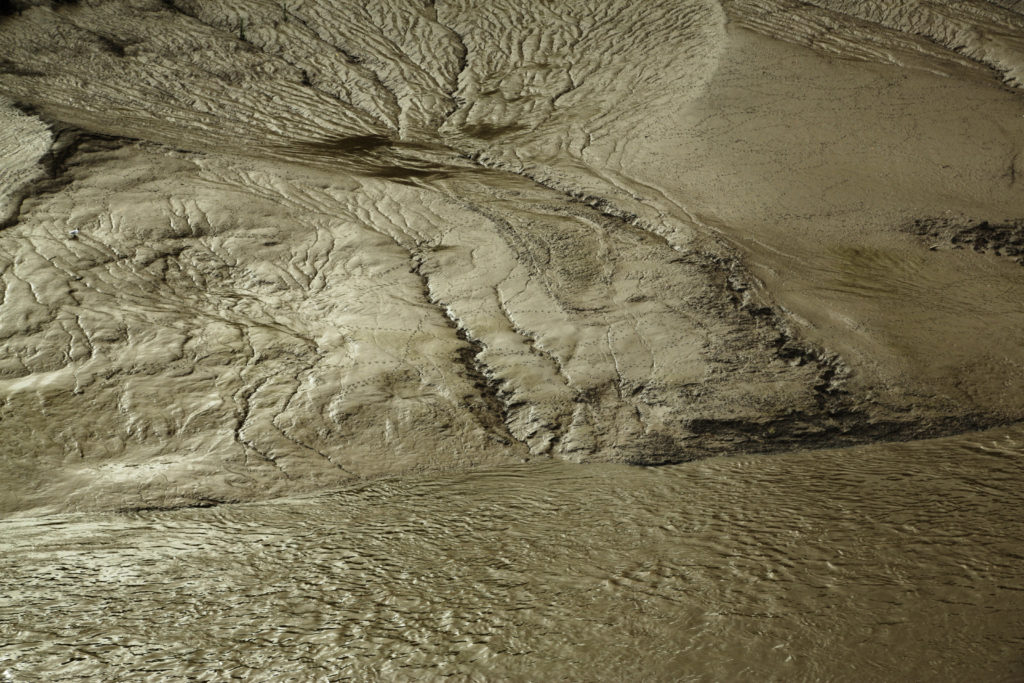
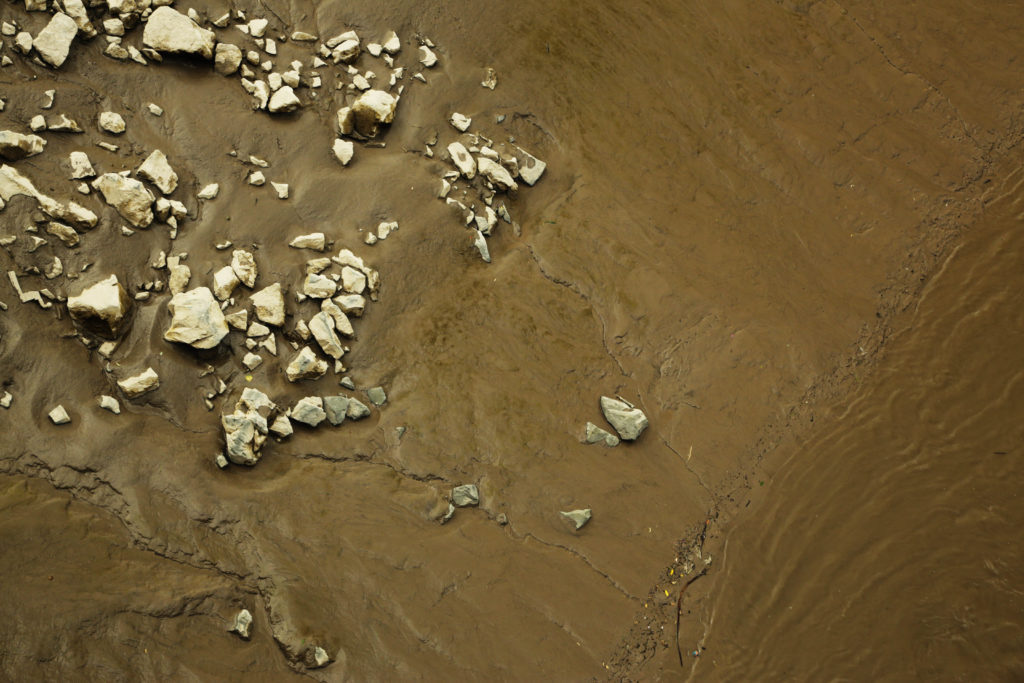



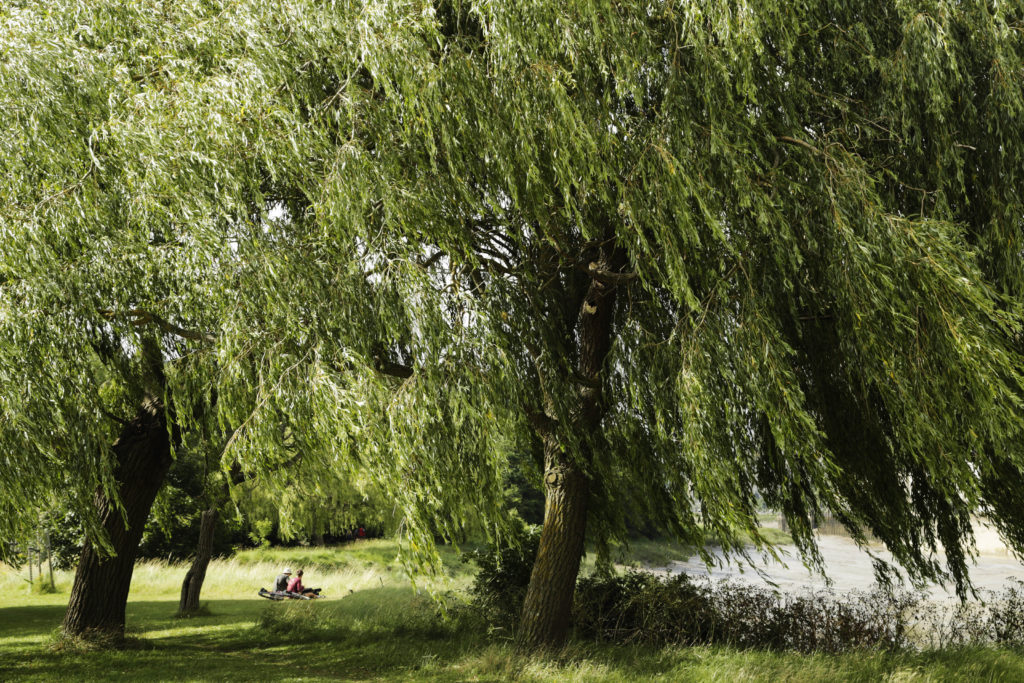



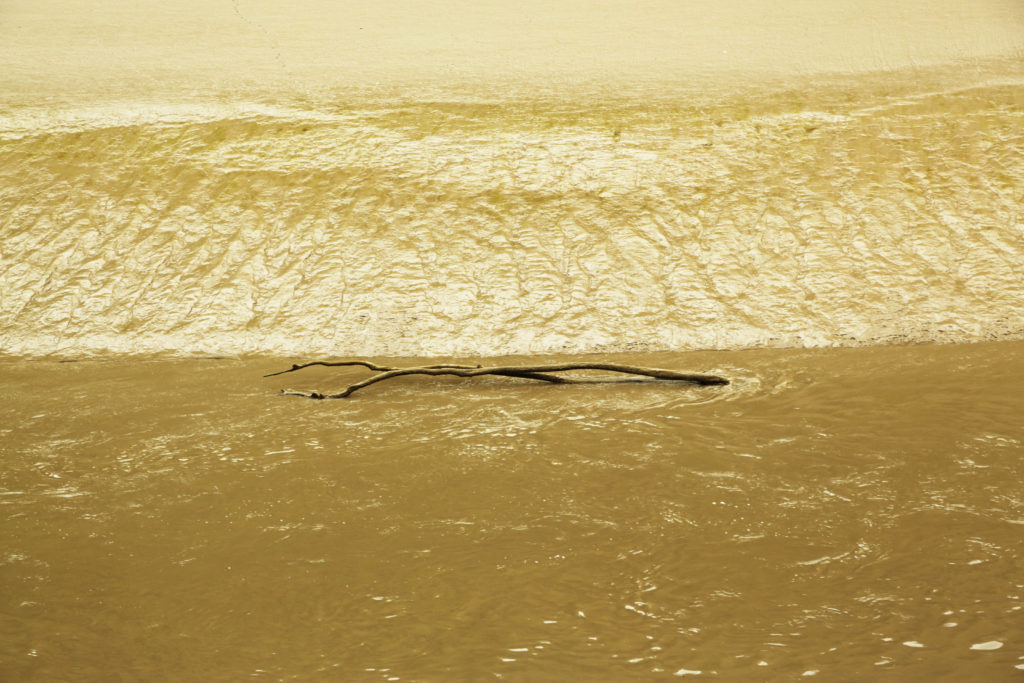


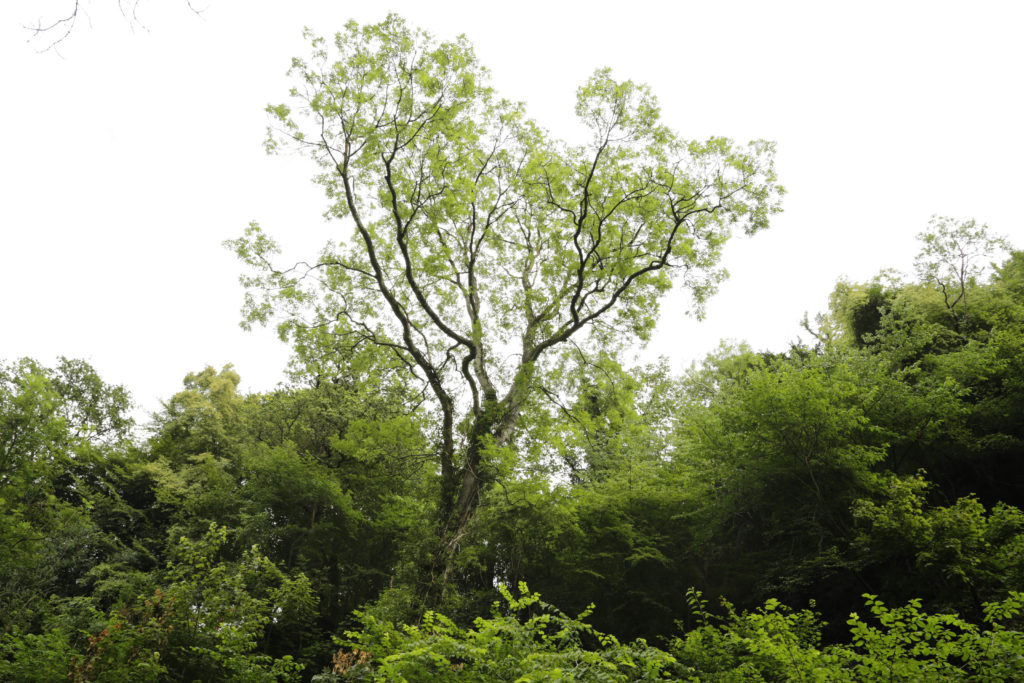













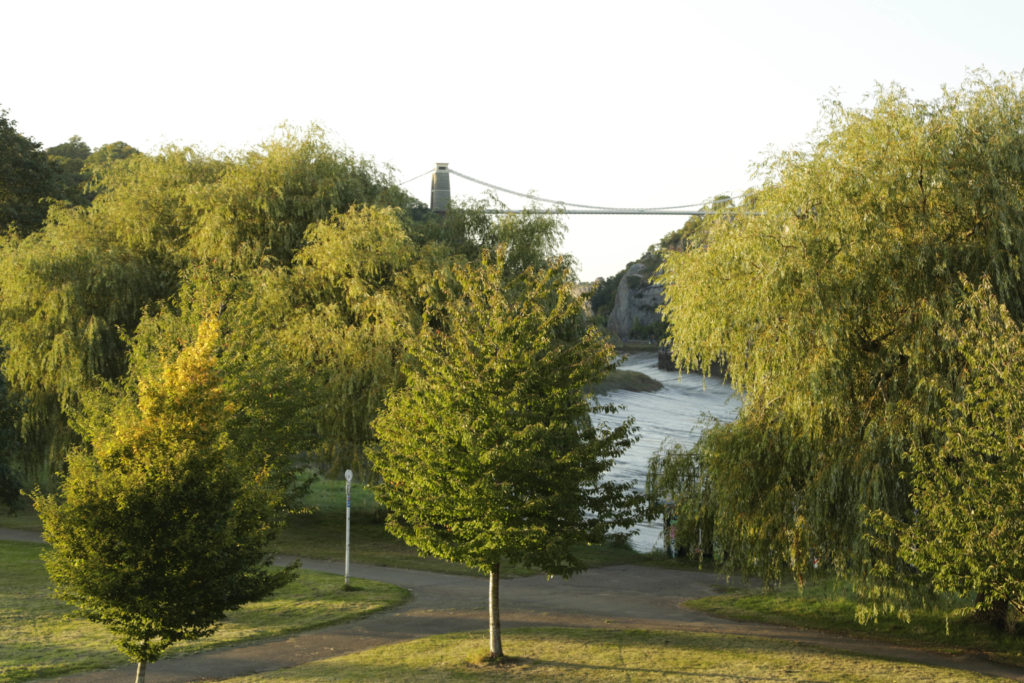


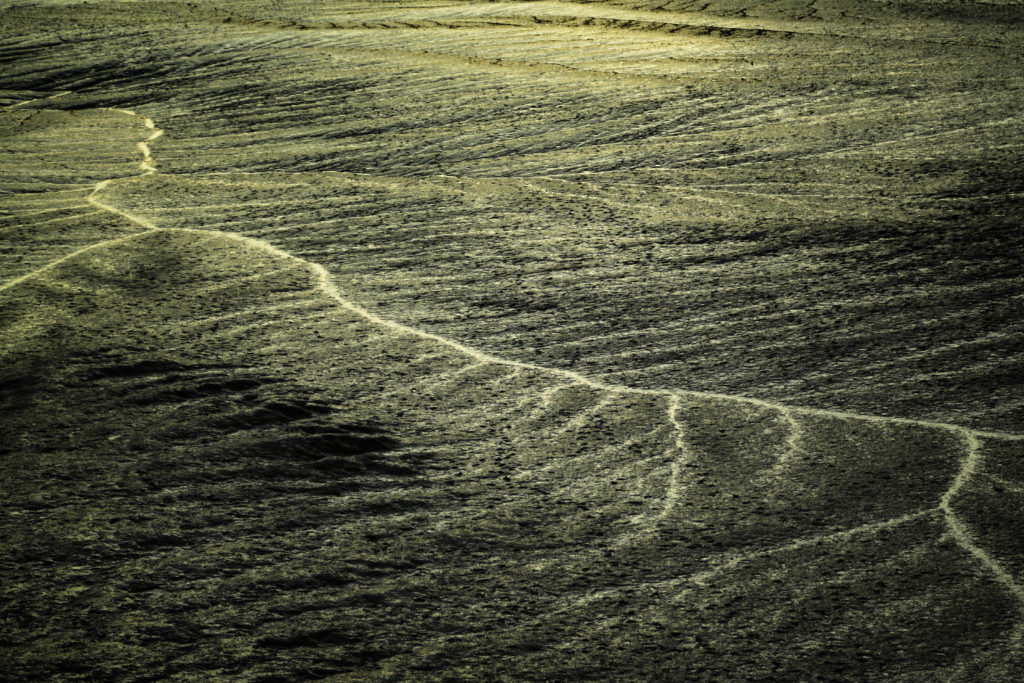
…
for the rest, do thou (Memmius),
lend empty ears
and a keen mind, severed from cares,
to true philosophy, lest,
before they are understood,
you should leave aside in disdain
my gifts set forth for you with unflagging zeal.
For of the most high law of the heaven and the gods
I will set out to tell you,
and I will reveal the first-beginnings
of things, from which nature creates all things,
and increases and fosters them, and into which nature too
dissolvesthem again at their perishing: these in rendering
our account it is our wont to call matter or the creative
bodies of things, and to name them the seeds of things,
and again to term them the first-bodies, since from them
first all things have their being.
When the life of man lay foul to see and grovelling
upon the earth, crushed by the weight of religion, which
showed her face from the realms of heaven, lowering upon
mortals with dreadful mien, ‘twas a man of Greece n who
dared first to raise his mortal eyes to meet her, and first
to stand forth to meet her: him neither the stories of
the gods nor thunderbolts checked, nor the sky with its
revengeful roar, but all the more spurred the eager daring
of his mind to yearn to be the first to burst through the
close-set bolts upon the doors of nature. And so it was
that the lively force of his mind won its way, and he
passed on far beyond the fiery walls of the world,» and
in mind and spirit traversed the boundless whole; whence
in victory he brings us tidings what can come to be and
what cannot, yea and in what way each thing has its
power limited, and its deepset boundary-stone.
And so religion in revenge is cast
beneath men’s feet and trampled,
and victory raises us to heaven.
Lucretius, On the nature of things
